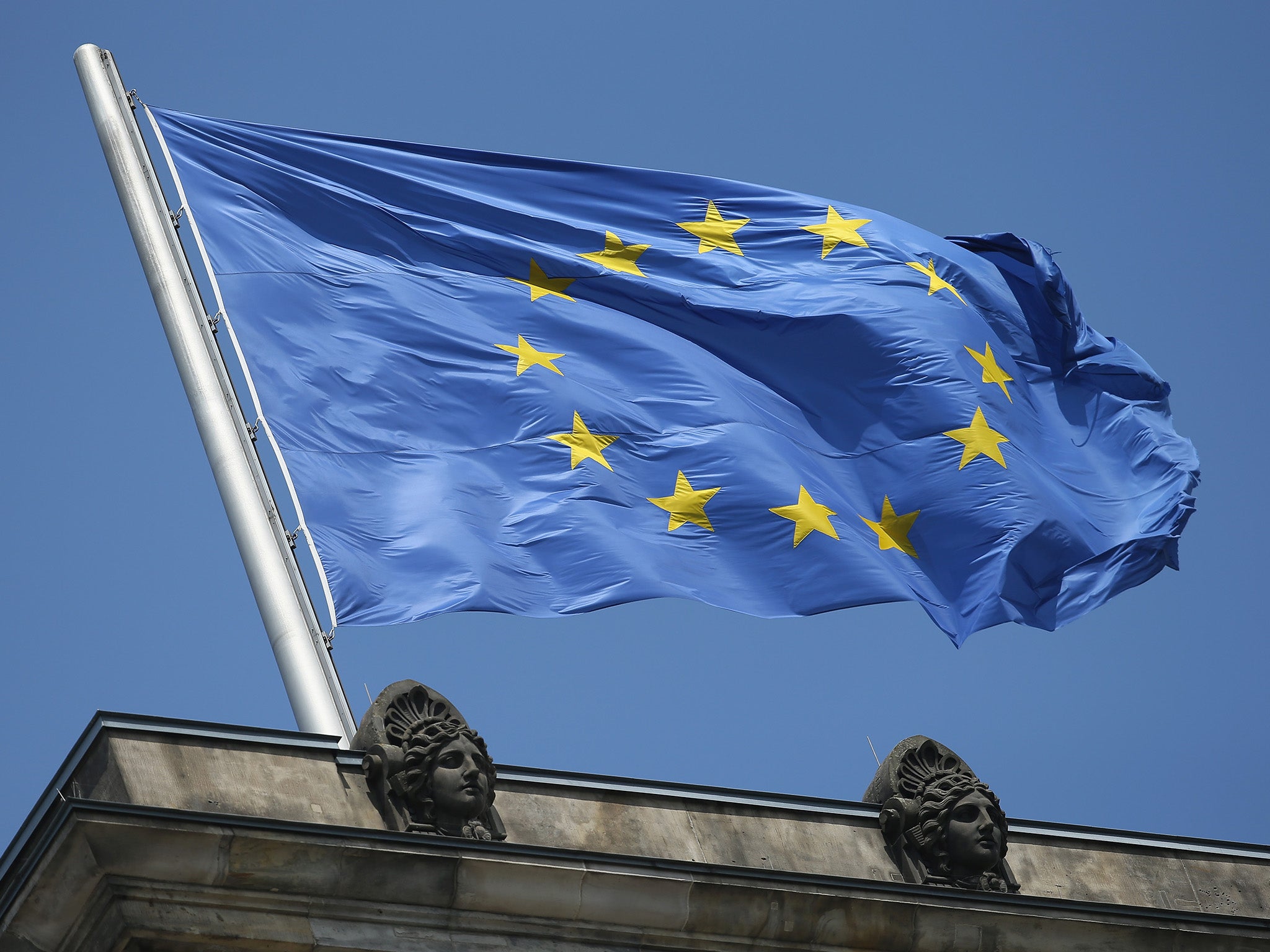Why you’re wrong to think immigration is the main issue in the EU referendum
Whether it is the economy or anti-terrorism, we can only exercise our influence on these issues if we are in the room, not outside


Now that an outline of a deal between the UK Government and other European Union members states has been published by the EU Council President Donald Tusk, the various different EU referendum campaigns are cranking into gear. The “In” campaign to remain in the EU has one umbrella body – Britain Stronger In Europe, of which I am a spokesperson. The “out” campaign is split across at least four different groupings, Vote Leave, Leave.EU, “Go” and UKIP.
The referendum will, in part focus on the economy and immigration, but it is far bigger than both those issues: essentially it is a debate about who we are as a people and how we see ourselves in the world.
Of course our economy is inextricably linked to the EU due to our membership of the Single Market. Three million UK jobs are linked to our trade with this EU free trade zone and research shows that further development of the Single Market could deliver an additional 800,000 jobs in Britain by 2030. This is not surprising – 44 per cent of our exports go to the EU.
The various “out” campaigns are determined to make this referendum about immigration. As we saw during the General Election last year, UKIP is not shy of seeking to set different groups against each other and scaremonger about immigrants regardless of whether they are from the EU; many of the other “out” groups cite the relationship non EU countries like Norway and Switzerland have with the EU as a model that we could potentially follow if we were to leave. When they do so they fail to mention that both countries in fact have higher migration from the EU to their countries per head than the UK.
This points to one of the biggest weaknesses of the “out” campaigns. They argue that we can leave the EU but continue to have all the benefits. When I asked the former Tory Chancellor of Exchequer, Lord Nigel Lawson, a leading spokesperson for the Vote Leave campaign, recently whether he could name a non-EU member state that was a member of the single market without having to abide by its rules, he conceded he was unable to name one. Instead he argued that we are bigger than Norway and Switzerland and therefore the EU would have to give us preferential access to the Single Market without being subject to the same rules. This is absolute rubbish.
The rationale behind Lawson’s argument and others who make it, is that we have no influence and regularly get trampled over by our European partners whenever we want to advance the UK position whilst we are in the club, so they say we should take our bat and walk off the field. Paradoxically, they say once we leave those who have trampled over us whilst we were in the club will suddenly agree to all we ask. This makes no sense all.
In any case, I do not buy their talking down of British influence in the European Union. The fact is that historically UK Prime Ministers have been able to successfully marshal a majority in the EU Council behind the UK position on things. Our membership of the European Union enables us to stand big on the world stage and - for a medium sized country of around 65 million people - punch well above our weight when we are competing with emerging market economies with populations far greater than our own. And it delivers in so many ways: beyond the economic benefits, co-operating with our partners on carbon emissions, on anti-terrorism and the European Arrest Warrant helps keep our streets and our environment safer.
So what this referendum comes down to is whether you have a big or small vision of the UK in the future. We need to be confident enough to recognise that influence is proportionate to the strength of international partnerships in the 21st century. I believe we should stand tall and always look for Britain to exercise the greatest influence abroad so we can deliver the best tangible benefits at home for our people. Continued membership of the EU is a must if we are to do this.
Chuka Umunna is Labour MP for Streatham and a spokesperson for the Britain Stronger In Europe campaign
Join our commenting forum
Join thought-provoking conversations, follow other Independent readers and see their replies
Comments
Bookmark popover
Removed from bookmarks